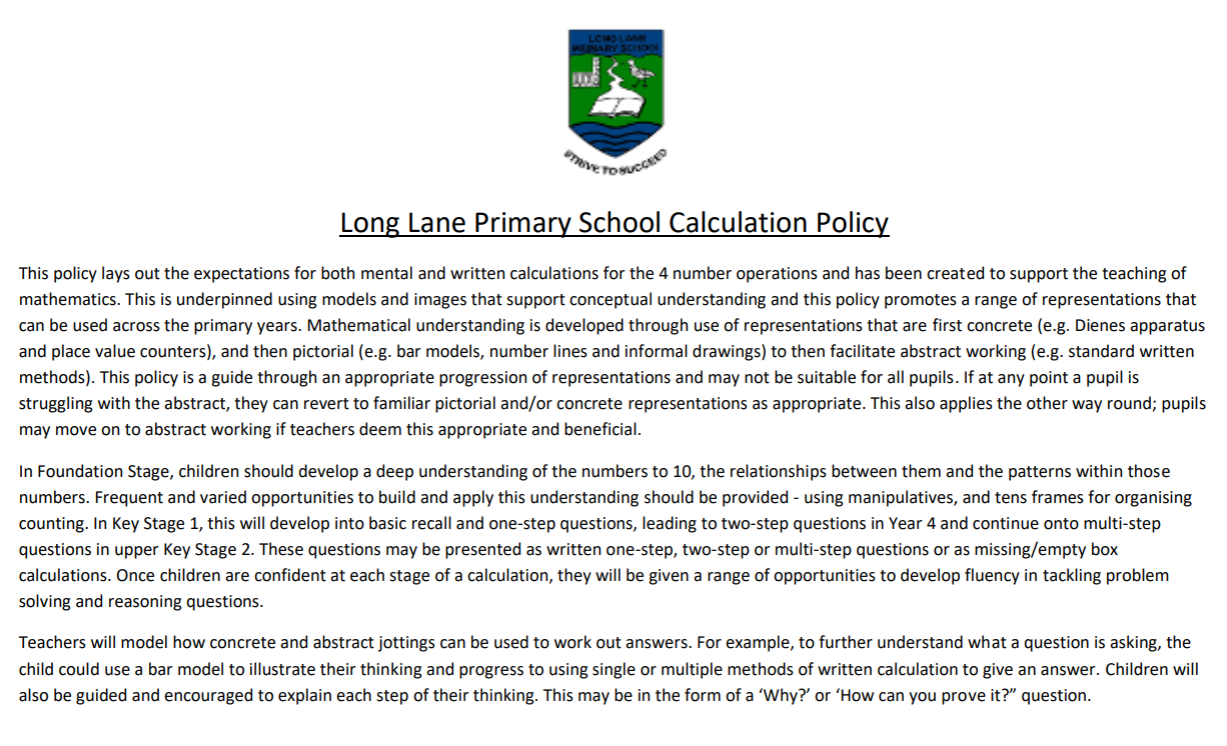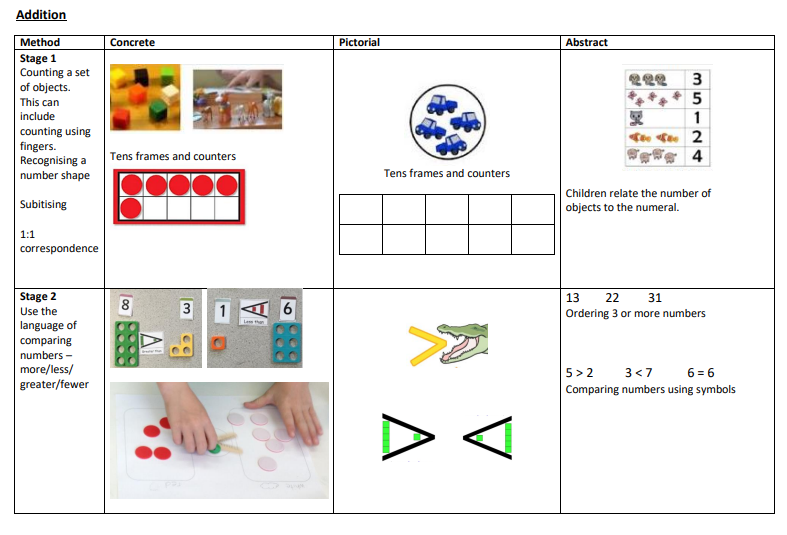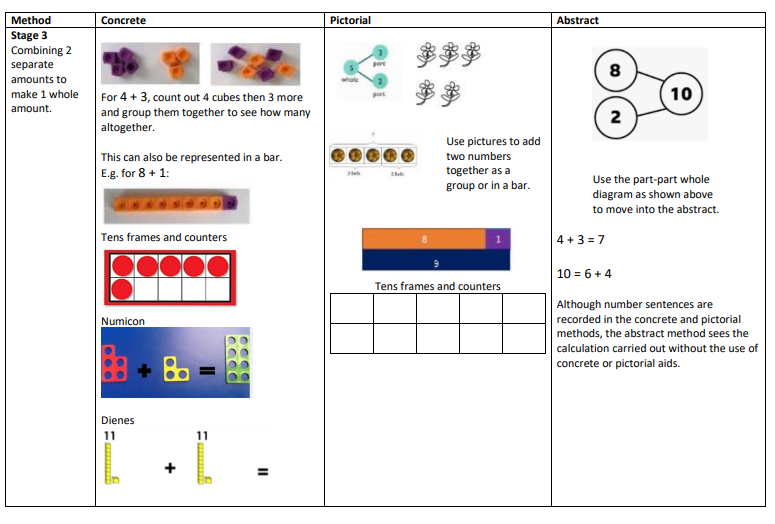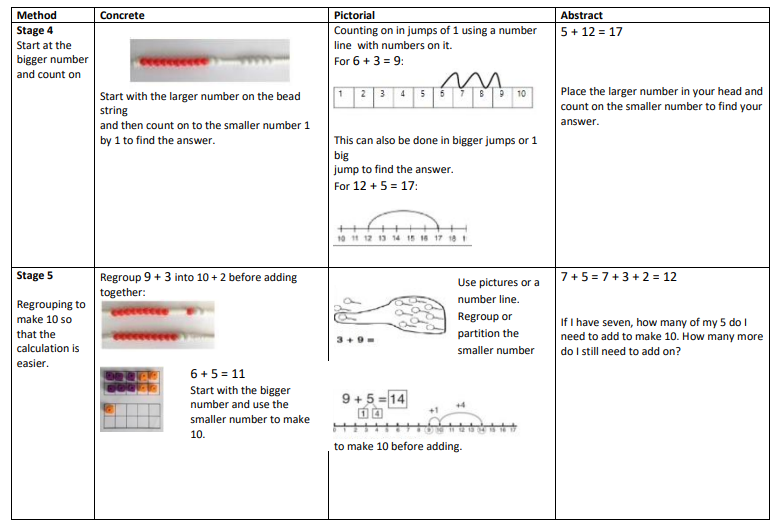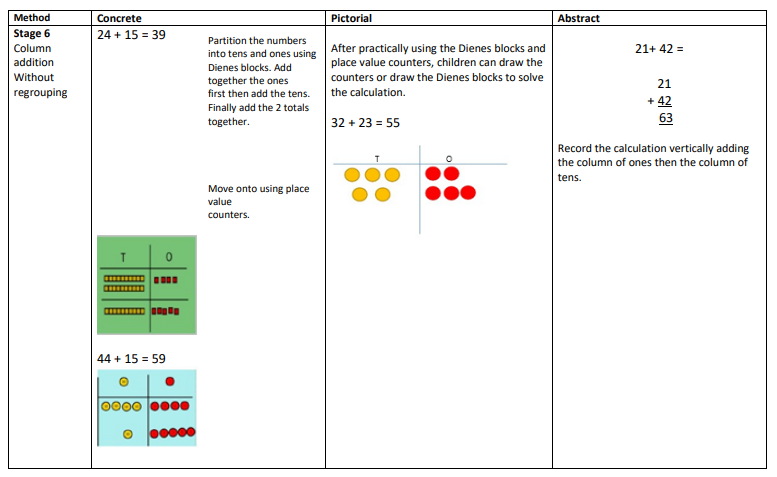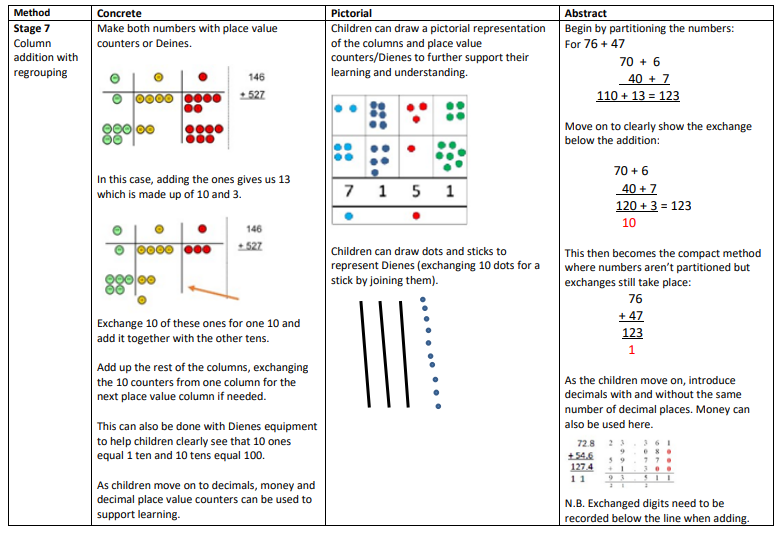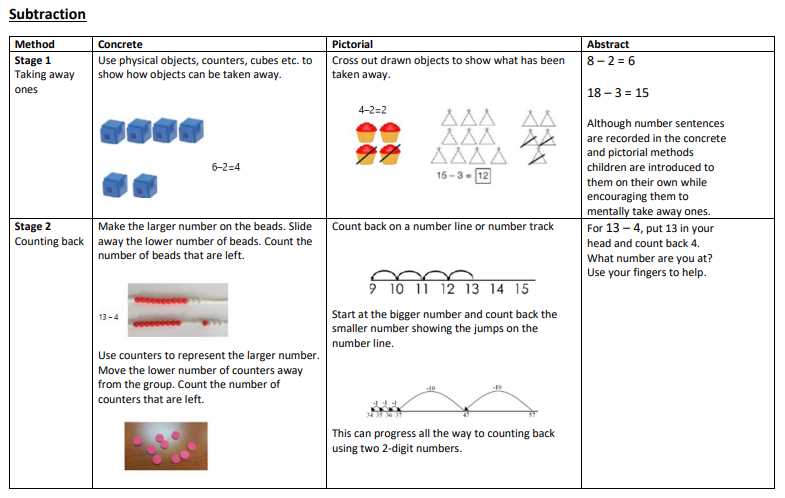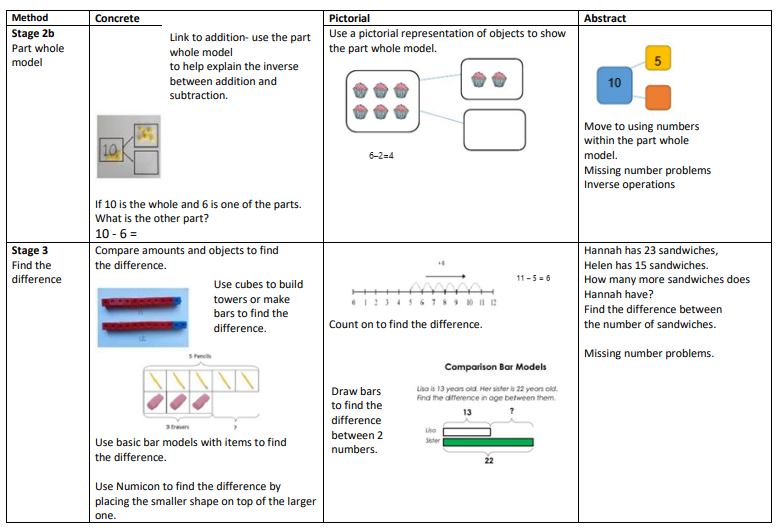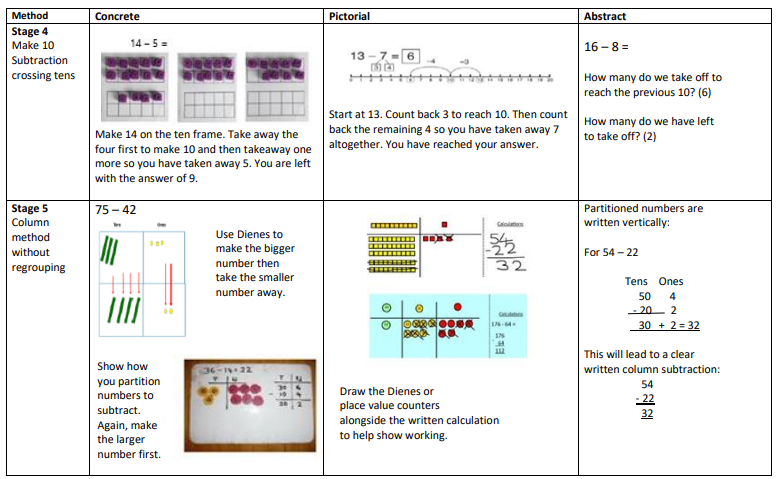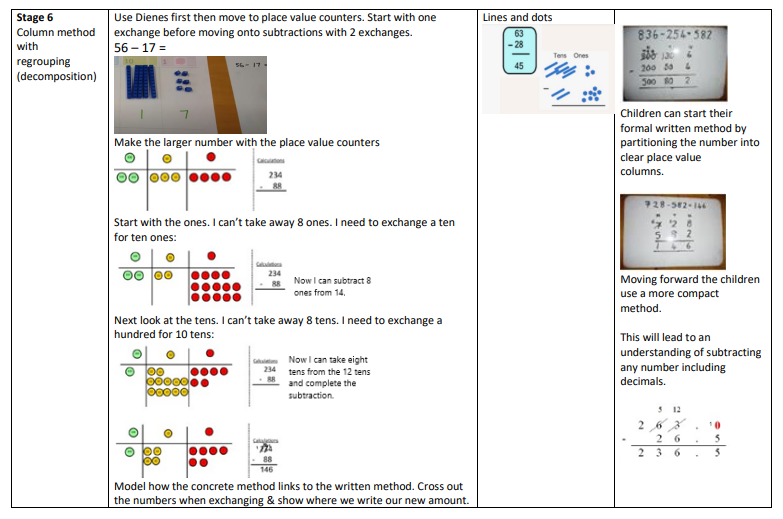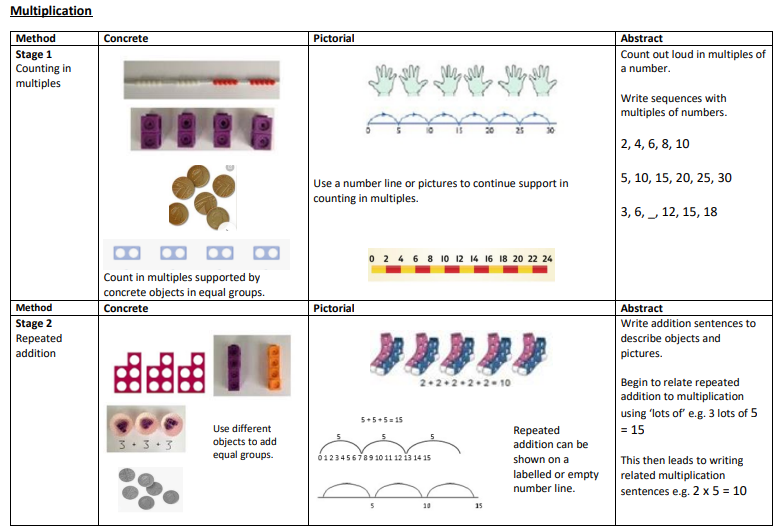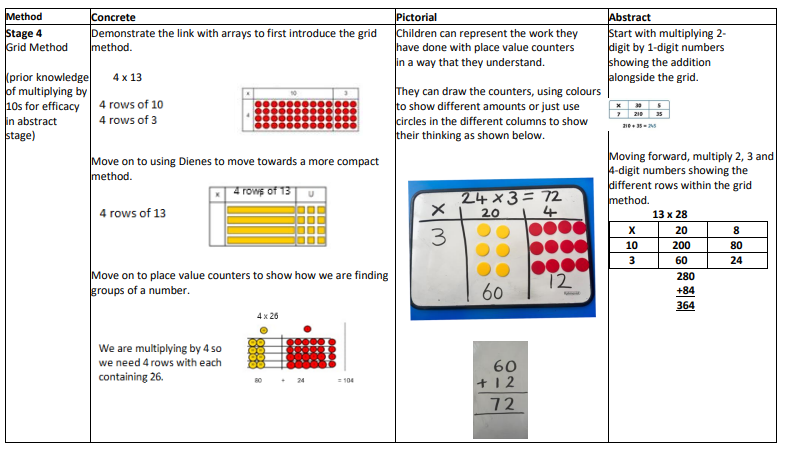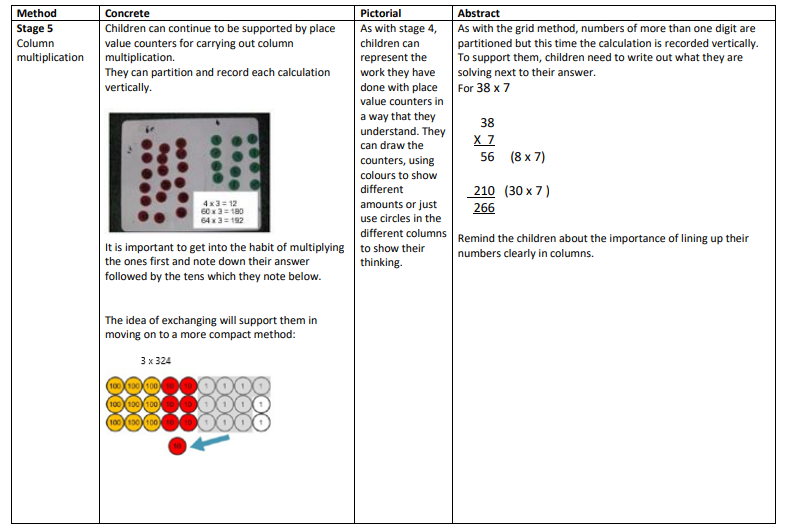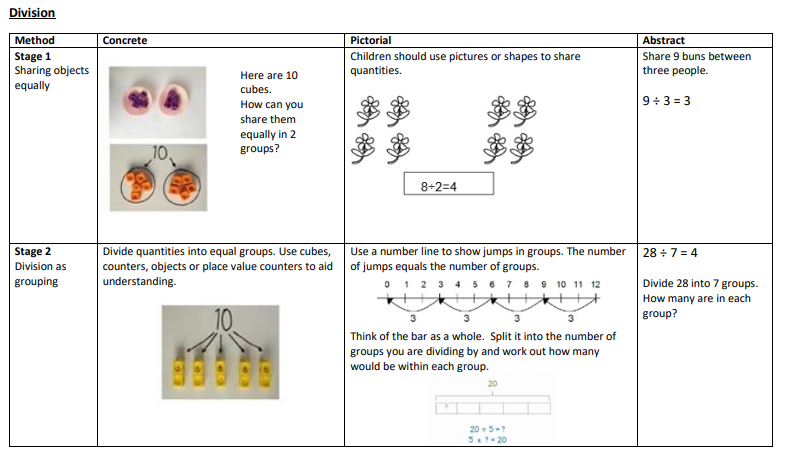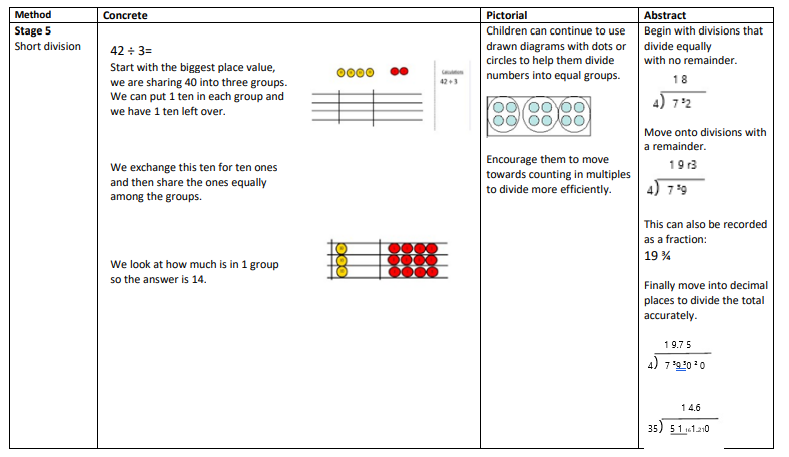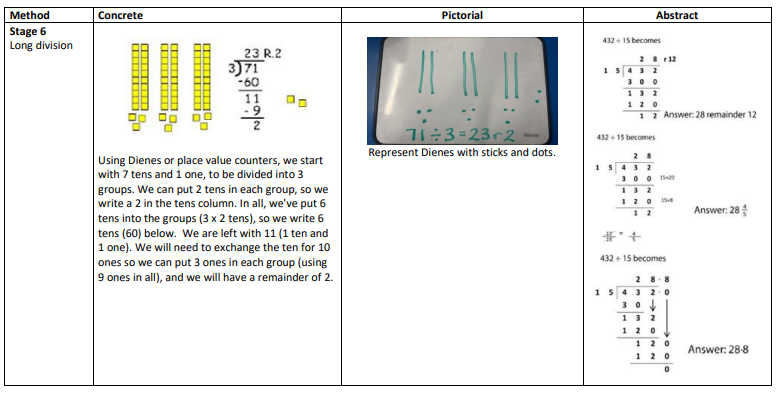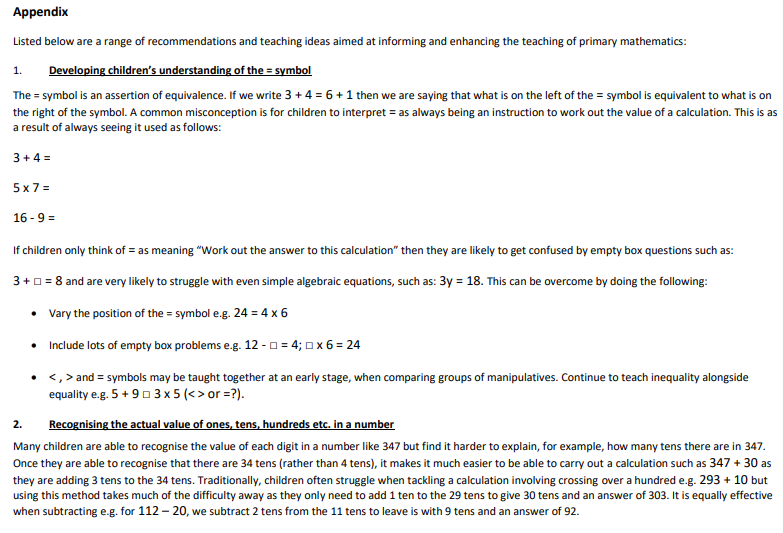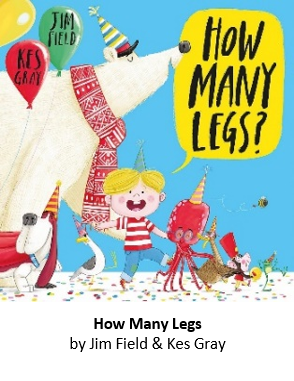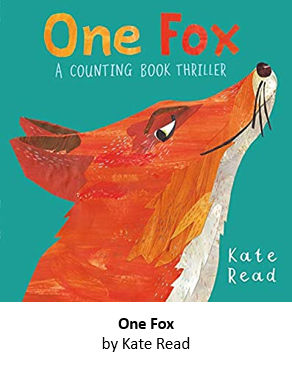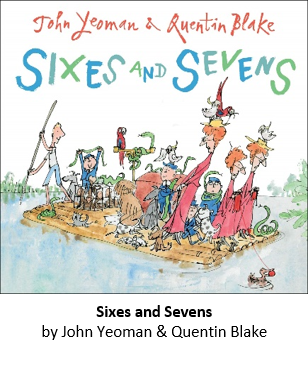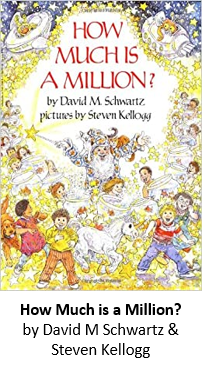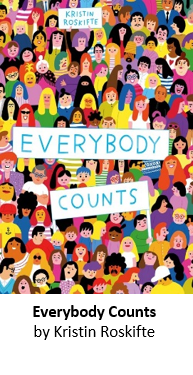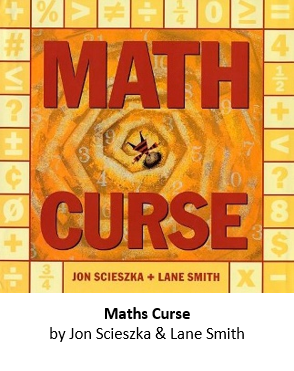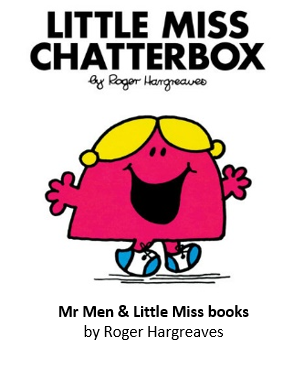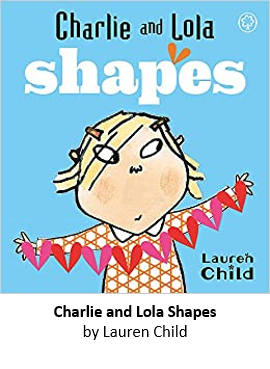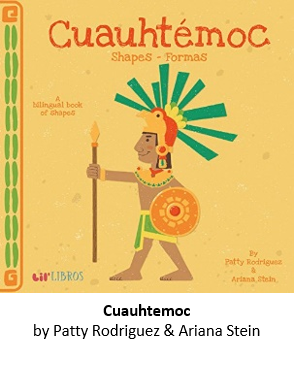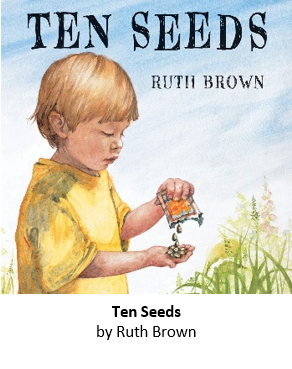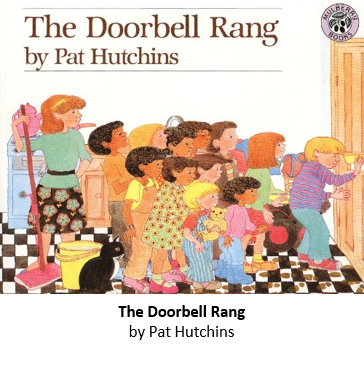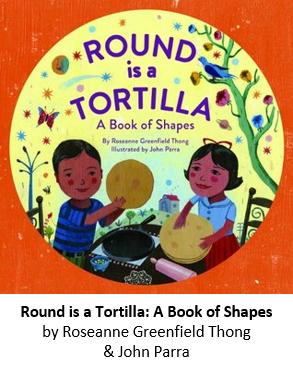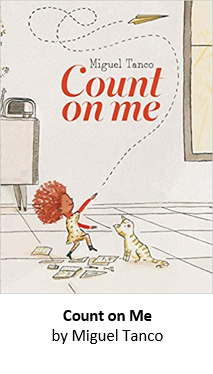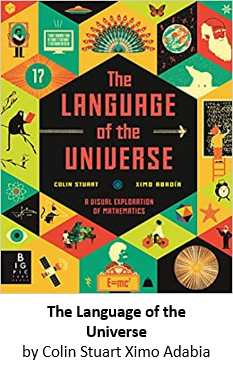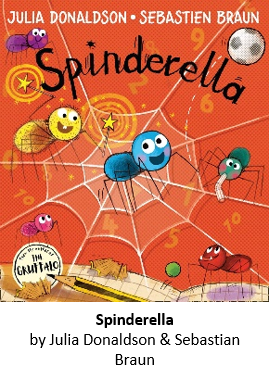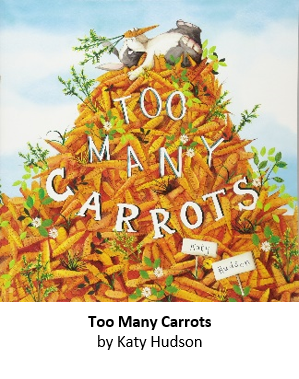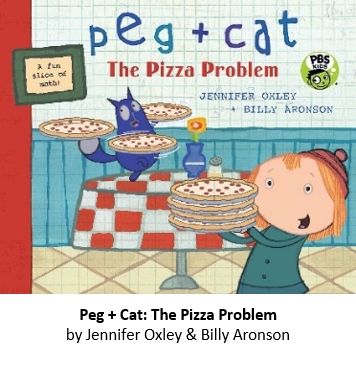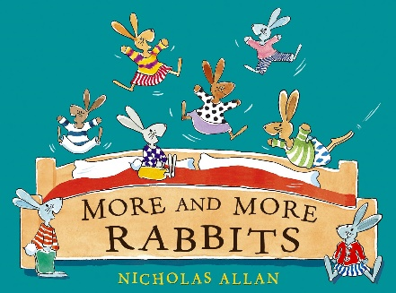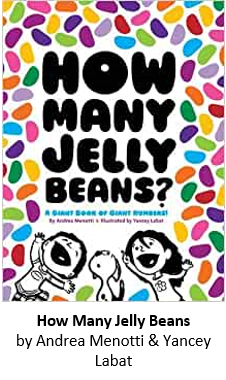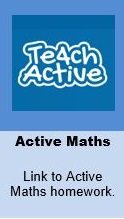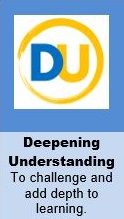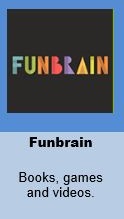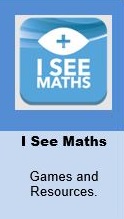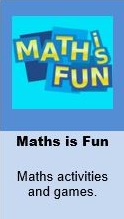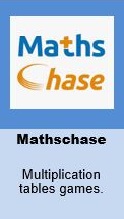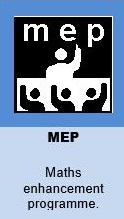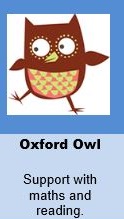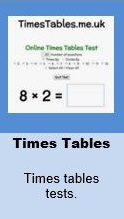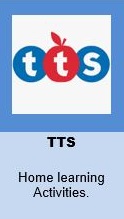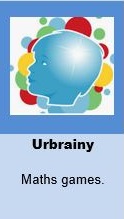Intent
Mathematics is an interconnected subject in which pupils need to be able to move fluently between representations of mathematical ideas. As mathematicians, the children will develop to become successful learners who are confident, inquisitive and independent thinkers. They will question and explore their own and each other’s mathematical ideas. We encourage children to deepen and widen their thinking through:
- becoming fluent in the fundamentals of mathematics so that pupils have conceptual understanding and can recall and apply their knowledge rapidly and accurately to problems
- developing and applying a range of increasingly complex mathematical vocabulary
- reasoning mathematically by following a line of enquiry, making connections and generalisations, developing a theory, justification or proof, using mathematical language
- solving problems by applying their mathematics to a variety of real-life and abstract problems with increasing confidence and proficiency, including breaking down problems into a series of simpler steps and persevering in seeking solutions
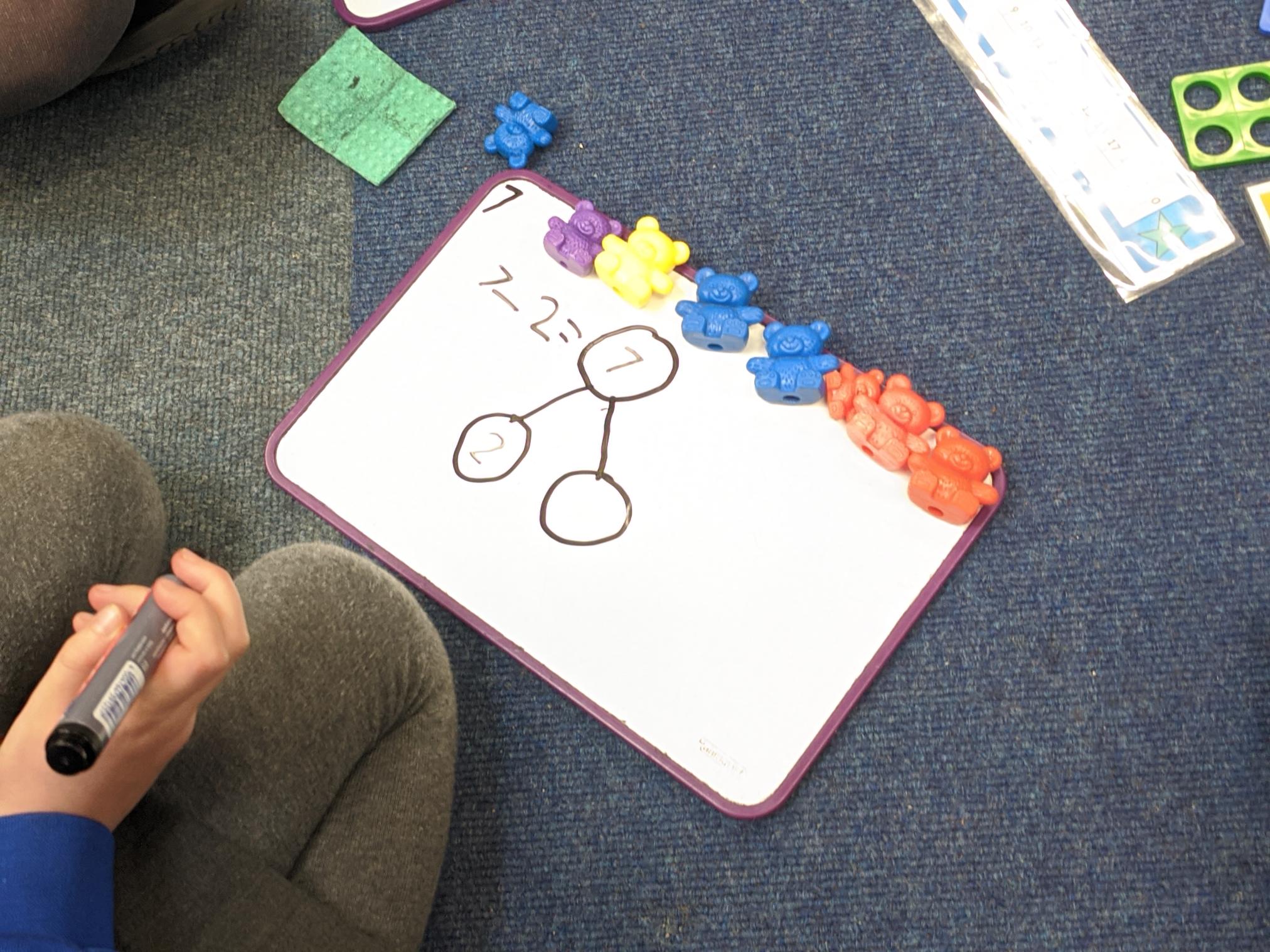

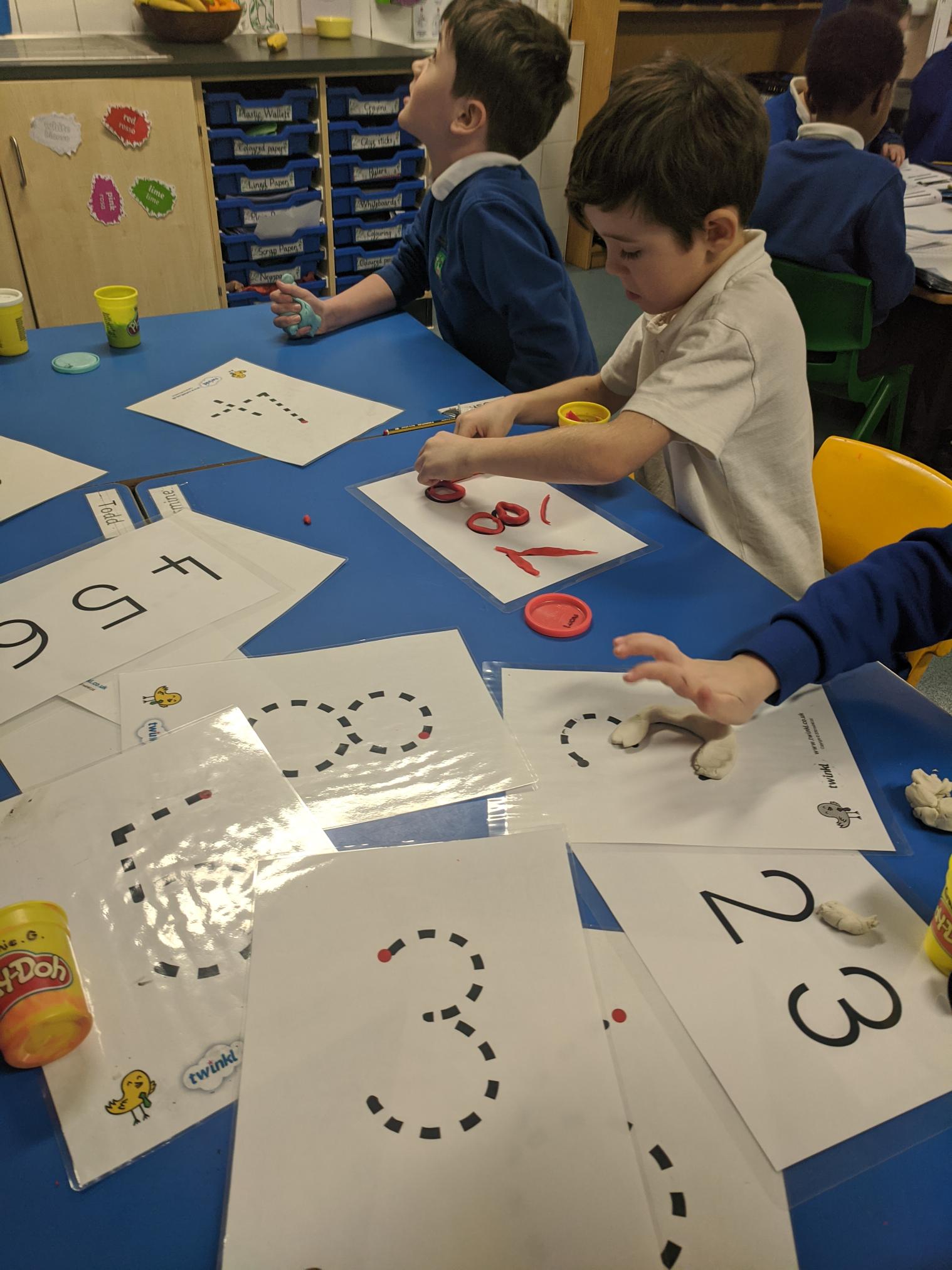

Implementation
We believe that all children can succeed as mathematicians and our main focus as maths teachers, is to find ways of presenting, scaffolding and teaching concepts in such a way that everyone will achieve and develop a positive attitude towards maths. The programmes of study are, by necessity, organised into apparently distinct domains, but pupils should make rich connections across mathematical ideas to develop fluency, mathematical reasoning and competence in solving increasingly sophisticated problems. They should also apply their mathematical knowledge to science and other subjects. We shall deliver maths using the Early Learning Goals (EYFS) and The National Curriculum Programmes of study for Key Stages 1 and 2.
To achieve this we will:
- Follow the White Rose pedagogical approach when planning steps of learning to ensure a robust and effective curriculum.
- Use teaching materials from a range of high-quality sources (in line with a Teaching for Mastery approach) to enable bespoke provision across classes.
- Use a scaffolding approach to teaching new concepts.
- Plan questions which deepen thinking and support connections between concepts.
- Provide models and worked examples.
- Revisit prior learning regularly to aid retrieval, make links and build conceptual understanding.
- Plan self-assessment opportunities to deepen learning.
- Where appropriate, use live marking methods to provide instant feedback and address misconceptions.
- Use the school Calculation Policy to ensure confident use of concrete, pictorial and abstract representations within each strand of learning.
- Plan active and outdoor opportunities to enhance maths learning (Teach Active).
- Use the Class Needs Analysis tool to identify focused learning needs of groups or individuals.
- Liaise with the SENDCo to secure appropriate support and intervention to meet the needs of all children.
- Undertake professional development to improve both subject knowledge and effective teaching practice.
- Represent or communicate ideas, to make predictions and explain results. .
- Encourage pupils to use correct mathematical vocabulary and notation



Impact
The expectation is that most pupils will move through the programmes of study at broadly the same pace. However, decisions about when to progress should always be based on the security of pupils’ understanding and their readiness to progress to the next stage. Pupils who grasp concepts rapidly should be challenged to deepen their understanding by tackling sophisticated problems before any acceleration through new content. Those who are not sufficiently fluent with earlier material should be supported to consolidate their understanding before moving on.
The Senior Leadership Team, with the Maths Core Team, will monitor the delivery of the curriculum and will review the curriculum provision in-line with the curriculum review cycle. The Headteacher reports termly to the governing board to enable them to monitor and evaluate the impact of the school’s policies, practices and procedures.
To measure impact we will:
- Monitor curriculum delivery through book scrutiny, learning walks, data analysis and planning reviews.
- Monitor student performance against targets, engage in professional dialogue (teachers and maths core team) to explore further support for individuals.
- During every lesson, teachers react to children’s responses through questioning, discussion and marking. Misconceptions are tackled as soon as possible. Where appropriate, guided group work allows the teacher to assess groups and individuals closely.
- Teachers gather evidence from a range of sources including, books, end of unit assessments and observations to inform judgements for the end of term data collection.
- EYFS pupils are assessed on entry, using the Reception Baseline and are further assessed against the Early Learning Goals, at the end of the year. Pupils in Year 6 will take the end of year National Curriculum Mathematics tests. Year 4 pupils will take a Multiplication Tables Check (MTC).

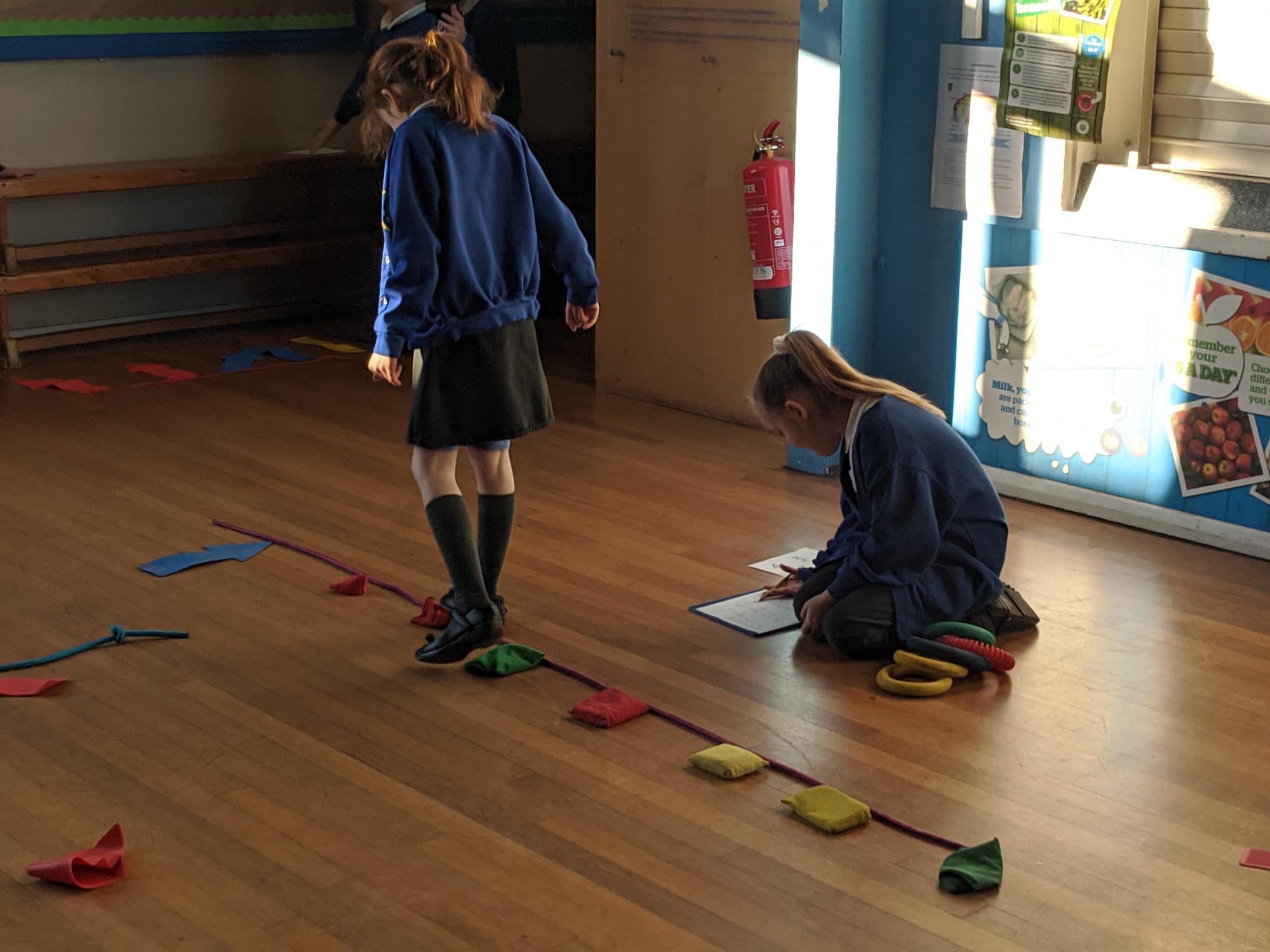
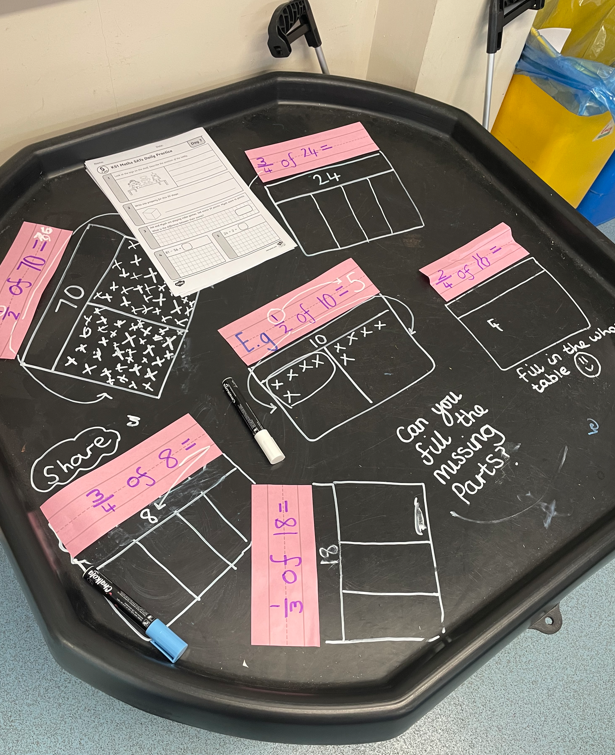
Teachers use Assessment for Learning strategies to ensure that children understand what they are being taught within a context and ‘know more and remember more’ of the key knowledge and skills outlined in each objective. These will include; mini quizzes, teach active, questioning, discussions and observations (including video and photography), peer assessment and appreciation, Think Pair Share. Teacher assessment occurs throughout teaching and learning with support implemented where appropriate. (see Teaching for Learning Policy linked below)
EYFS pupils' progress and attainment is assessed by the FS class teacher in the context of the EYFS framework and ELGs.
Monitoring and School Improvement Planning
The Maths Core Group, the Head Teacher, and the Governors regularly review and quality assure Maths Mastery Education across the school to ensure that it is implemented sufficiently well in line with the National Curriculum Objectives and using the mastery approach to learning.
Impact is measured through monitoring activities, including; learning walks, questionnaires to staff, pupil voice, looking at evidence of pupil’s work, teacher assessments and any other relevant evidence. In addition, they evaluate the impact and plans for future development of the subject for pupils and staff, utilising action plans, looking to develop new opportunities, refine current practice, plan CPD for staff and feed into the School Improvement Plan (where appropriate) from where Performance Management and school priorities stem.
Linked Policies – This policy sits under the following two umbrella policies;
Teaching for Learning Policy 2023.docx
We use IXL to support children in school and with additional home learning

